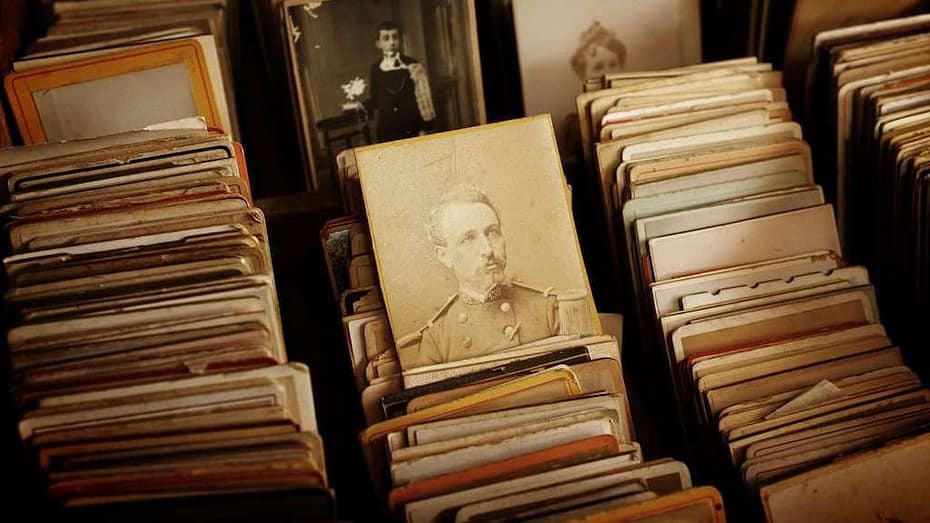I have a question for you. Do you know who your ancestors were? Are you certain about where they come from and why they came this way?
If the answer is a resounding “Yes,” then congratulations! You are part of a minority of people who either have conserved their heritage or have done one of those commodified DNA heritage studies that became popular in the last five years.
However, if the answer is “No,” then I will ask you the following question. Do you care?

Commodified Heritage
According to a survey run by the folks at Ancestry.com (Yes, one of the leading heritage research businesses), 84 percent of Americans expressed interest in their heritage or history; Eighty-four percent, that is eight in ten people who are putting a lot of value in their past. When I read this study, I was pretty surprised. I expected some people whose parents or grandparents are immigrants to represent the majority of this group, given that they might have some disconnect from their past after a generation or two. Yet, it seems that even those living in the same town for generations are curious about their ancestors’ journey.
A Journey for Cultural Identity
I bring you this topic because I have been reading Sam Thiara’s memoir Lost and Found: Seeking the Past and Finding Myself, and in the process, I have been pondering my connection with my heritage. If you don’t know who Sam Thiara is, he is a speaker, storyteller, author, coach, mentor, entrepreneur, and educator born in the UK and raised in Canada by Fijian parents with Indian descendants —yep, wrap your head about that.
In his book, Sam takes us on a journey through India as he ventures to a country and culture he never felt part of but was calling for him. Armed with only a small, blurry photo from 90 years ago and a village name, he takes on a journey to the unknown in a quest to find his grandfather’s hometown, a connection with spirituality, and himself. We highly recommend it.
If I had to point out why so many people have been trying to discover and, more importantly, have concrete proof of their heritage, I would say it is an innate desire to have a cohesive cultural identity. For most folks who have been surrounded by people who look like them and do as they do for generations, their cultural identity is pretty solid. They don’t question their past because, well, it didn’t look that different. This circumstance is especially true for white Americans, who have adopted the American mythos fabricated by the settlers who came centuries ago.
Incidentally, Rick and Morty just had a fascinating episode about that specific topic called Rick & Morty’s Thanksploitation Spectacular. Check it out. It’s pretty hilarious.
Looking Ahead
Personally, I am more of a forward-looking kind of person. I care about what lies ahead of me instead of what was left behind. I do sympathize with the sentiment of attachment and respect for heritage and the sacrifice my ancestors had to make. Yet, I don’t feel any attachment to any particular blood, soil, or history. I prefer focusing on what I am experiencing now and what I can build in the future, as that has the most significant impact on my life.
Cover photo by Mr Cup / Fabien Barral on Unsplash





